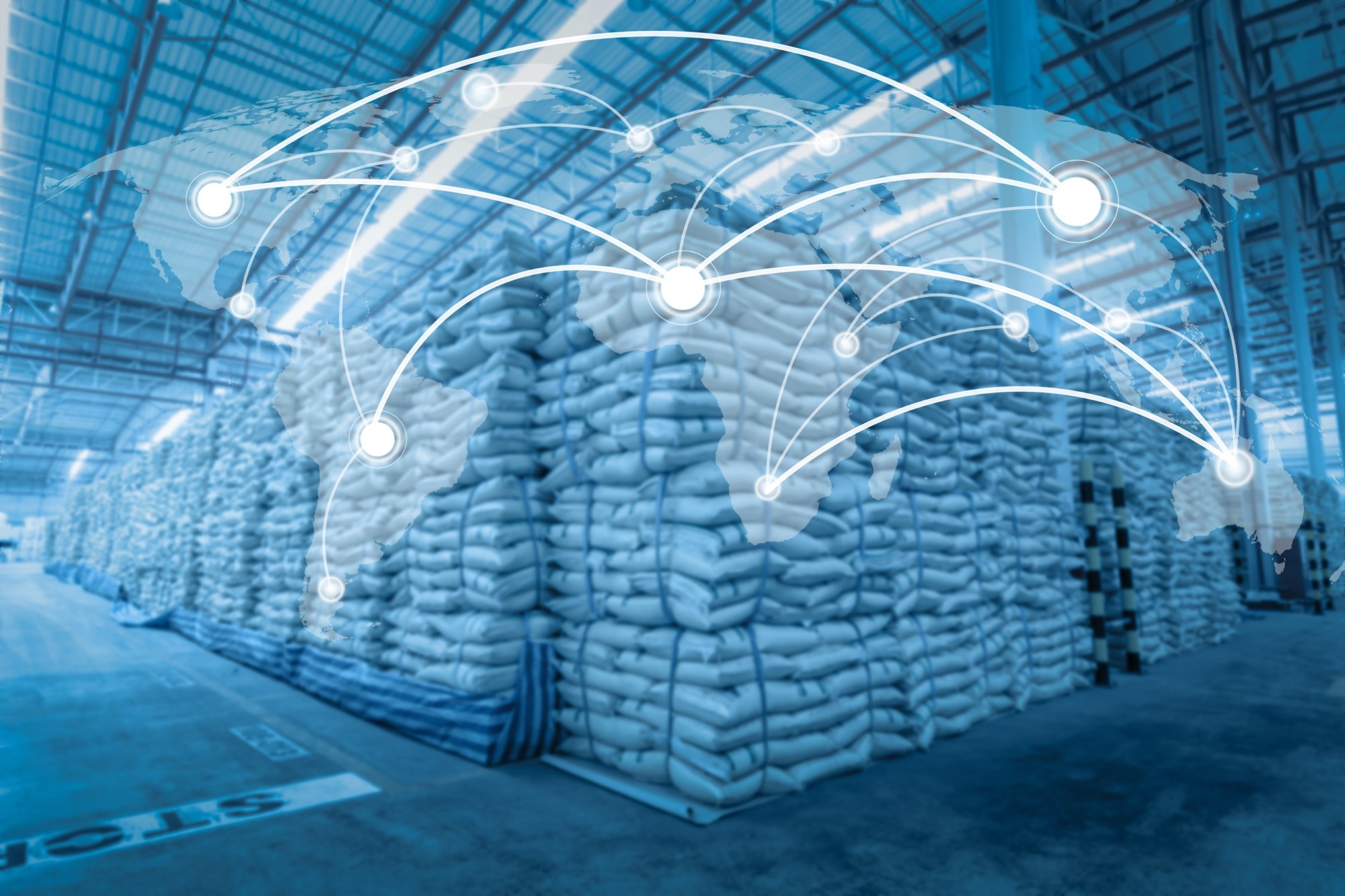When hurricanes disrupt food supplies, an AI-driven system could be the lifeline that connects food pantries with families in urgent need.

Image Credit: KAMONRAT / Shutterstock
Families, particularly those already vulnerable to food insecurity, can face difficulties obtaining food in the aftermath of natural disasters. University of Houston researchers will utilize artificial intelligence to develop an online resource for food pantries, aiming to streamline stakeholder collaboration and distribute resources to families in need.
The U.S. Department of Agriculture's National Institute of Food and Agriculture announced June 18 that it awarded UH and three other institutions nearly $1.2 million to address disaster response concerns in the aftermath of hurricanes Helene and Milton hitting Florida last fall.
With $300,000 of the funding, UH researchers will create a website featuring an AI-powered dashboard for Florida food pantries, which could reduce communication bottlenecks and later support regions like Houston.
"Our team is building directly on experience gained from Hurricane Harvey in 2017, and we expect the lessons learned in Florida will strengthen our disaster response capabilities back home in Houston," said Ioannis Kakadiaris, principal investigator and professor of computer science in UH's College of Natural Sciences and Mathematics.
Developing the system
The tool will allow food pantry leaders to send SMS text messages of their needs following disasters, which the AI system will prioritize on the dashboard.
"Our AI system can automatically and efficiently process large volumes of status reports, enabling emergency coordinators to respond more quickly when demand spikes," Kakadiaris said.
Support can range from food and water to first aid and other emergency supplies. The system will also be adaptable to various disaster scenarios.
"We want the tool to be completely flexible, so if there are fires or some other type of damage or disaster, it can handle the new situation," said Marcus Sammer, application developer for the project at Kakadiaris' Computational Biomedicine Lab.
Why it matters
A USDA report shows 13.5% of U.S. households were food insecure at least one time during 2023 - a rise from 12.8% in 2022.
This tool is crucial to Kakadiaris' team because disasters often worsen food insecurity. Power outages, floods, wildfires or tornadoes can displace families and deprive individuals of access to essential resources such as food.
The project builds on two previous U.S. National Science Foundation grants awarded to Kakadiaris. He has received more than $2.2 million since 2021 to develop AI-based food security systems.
Throughout the one-year study period, the UH research team will conduct surveys with stakeholders to gain a deeper understanding of current communication systems. A pilot version of the system will be available to Florida food pantries by September for testing and feedback.
"Our job is to explore what the challenges are that need to be addressed using the technology, and then we hope that we or somebody else will run with this technology," Kakadiaris said.